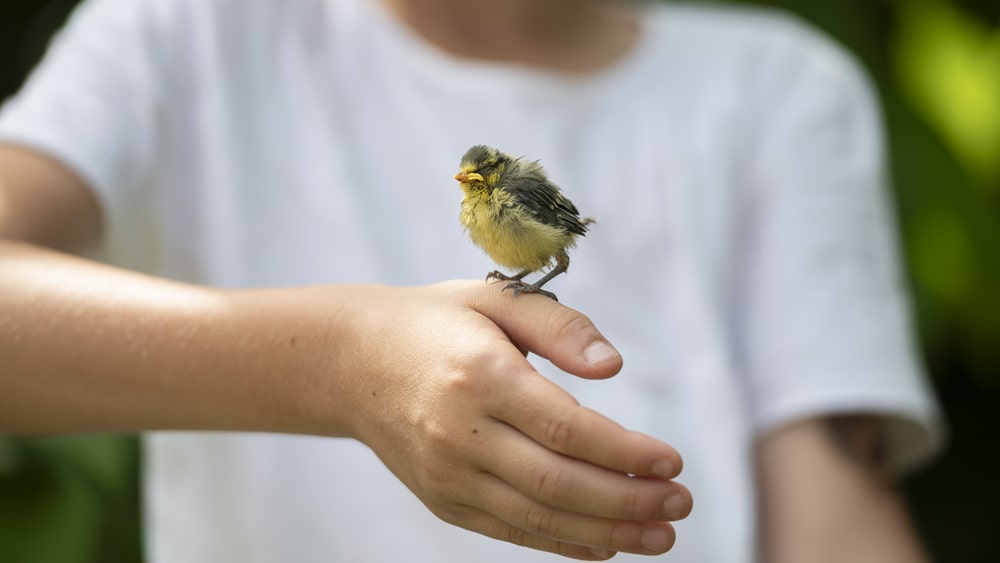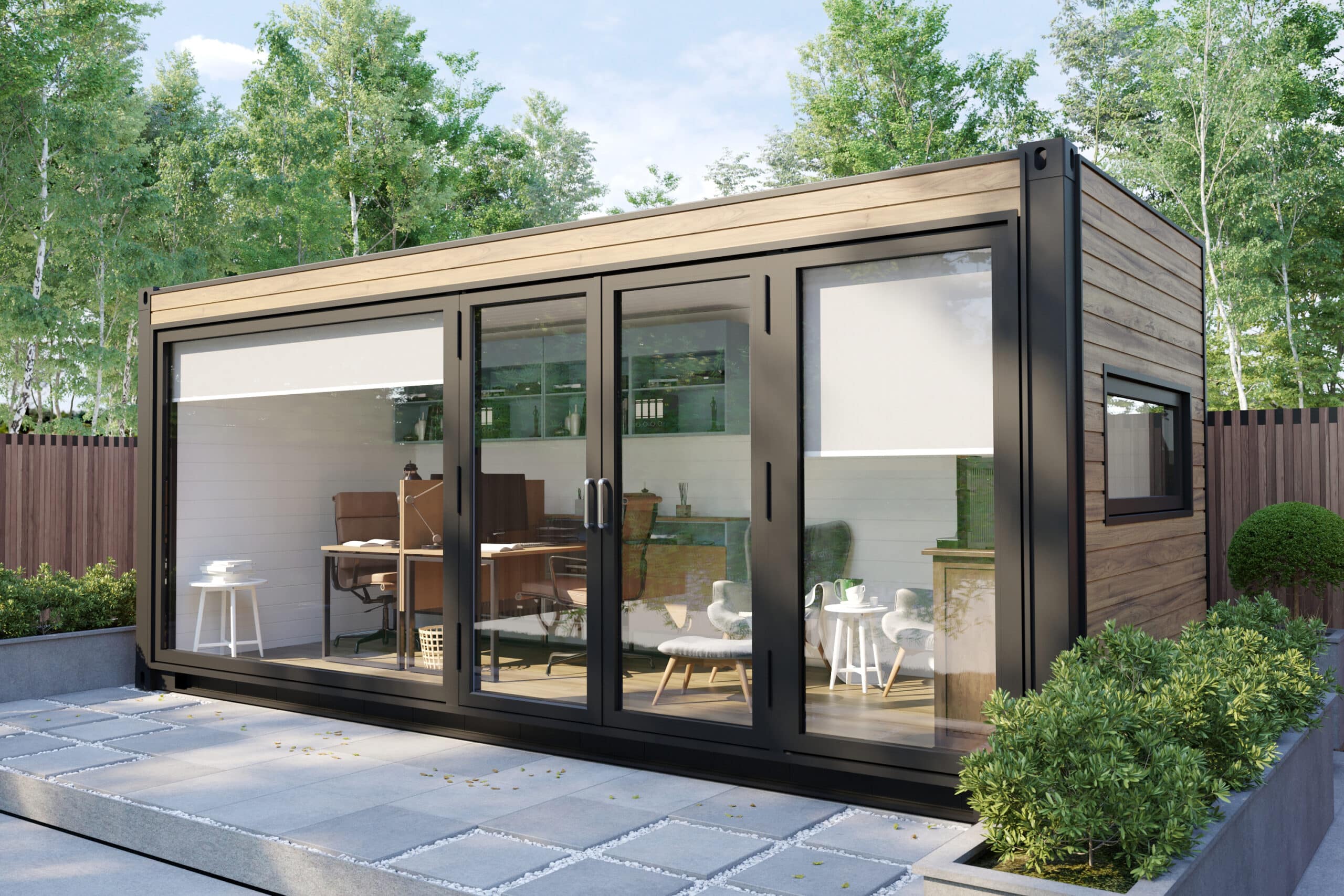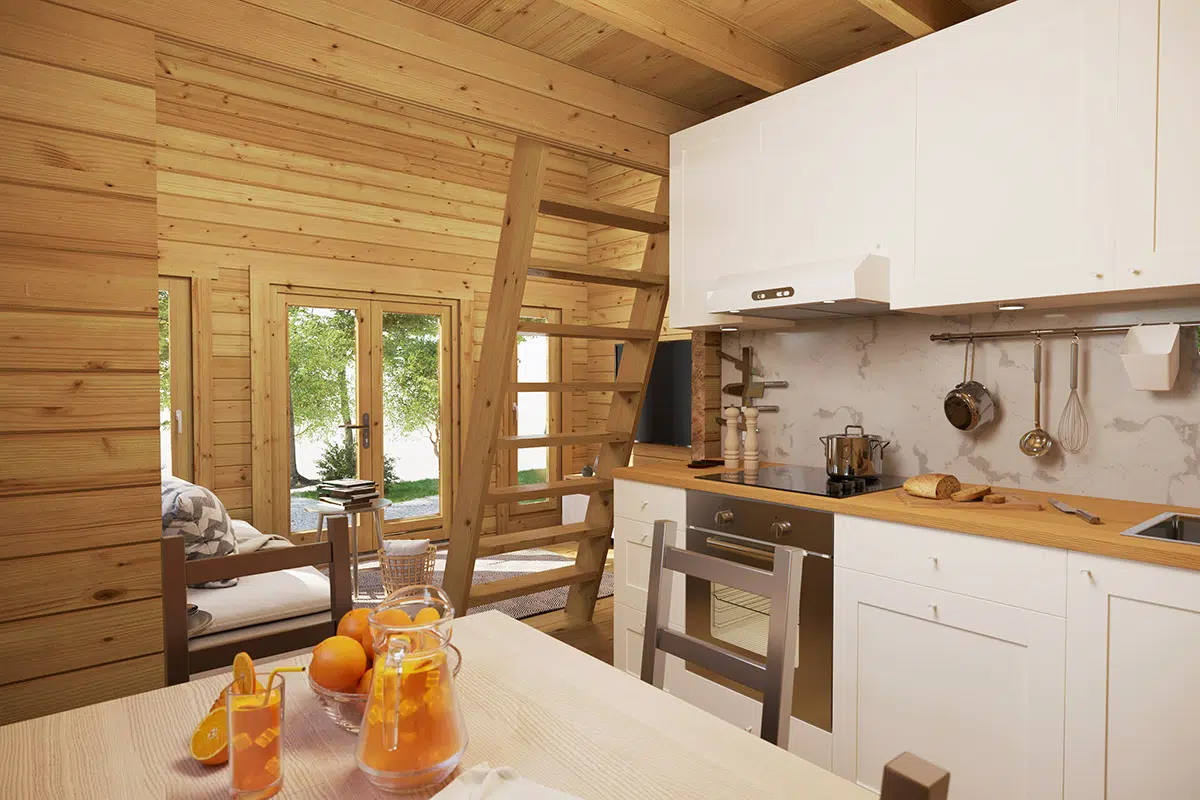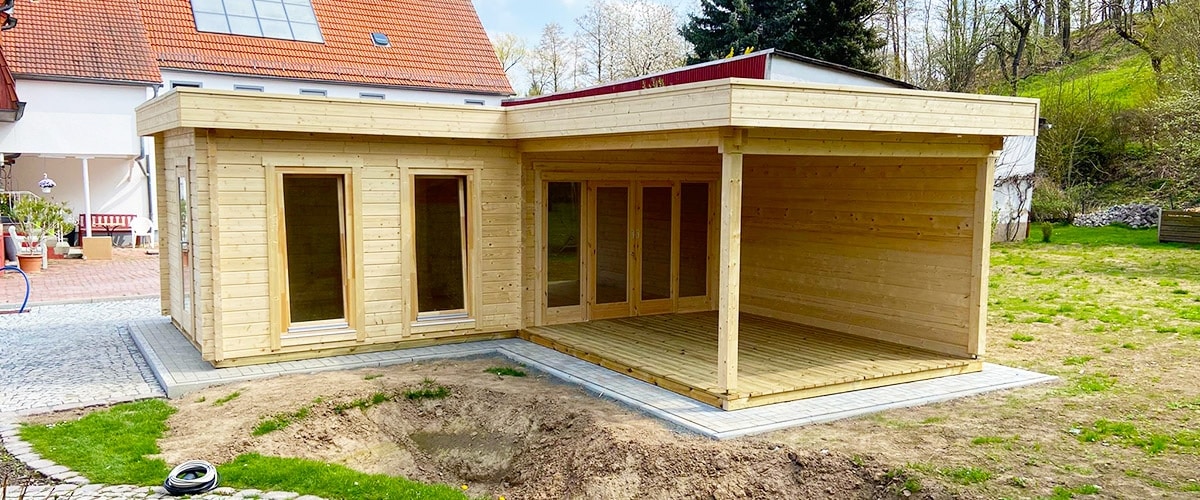10 Top Tips to Help Birds Thrive Around Your Summerhouse
12.04.2024
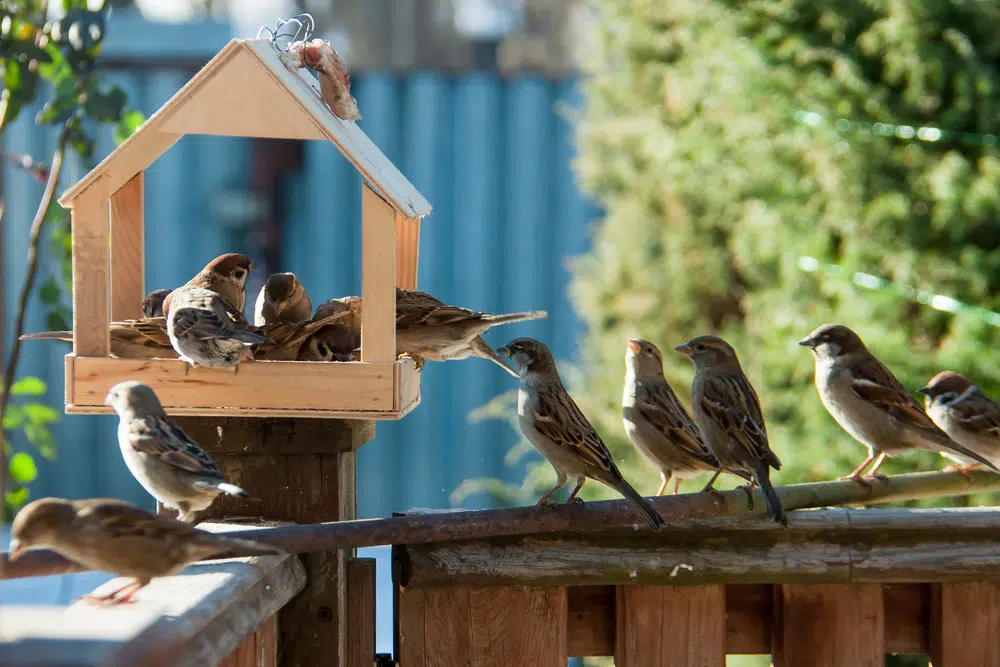
With summer fast approaching, it’s the perfect time to turn your garden around the summer house into a sanctuary for our feathered friends. Here are “10 Things You Can Do to Help Wild Birds Around Your Summer House,” packed with tips that are easy to apply in your garden to support birdlife throughout the season. Let’s make our gardens a buzzing hub of nature’s wonders!
The number of songbirds has decreased dramatically in recent years because of man-made environmental destruction and poisoning. But we do not need to watch them go helplessly. There are many things, every one of us – especially those who own a garden or a yard – can do to help the little winged ones. This article lists 10 ways to improve your garden around your summer house to attract and assist birds.
Enhancing your garden can create a bird-friendly environment. By following these tips, you can make your garden more appealing to birds. Attracting birds to your garden can bring beauty and joy to your outdoor space.
1. Install Bird Tape on Windows
This solution is crucial for protecting these bird species. Researchers estimate that windows cause up to one billion bird deaths each year. Bird tape is a simple, inexpensive, and long-lasting solution proven effective in buildings. To prevent birds from flying into your summer house windows, apply bird tape. This affordable solution helps reduce accidents for migratory birds such as the Wood Thrush and Ruby-throated Hummingbird.
Many birds don’t die at once from the consequences of the collision, but some time later because of serious internal injuries. Victims are often taken away rapidly from below the windows by craws, cats or martens, so humans often stay unaware of the scope of the problem.
2. Avoid Pesticides and Herbicides in gardens
If you have pesticides or herbicides at your summer house for your garden, learn about organic gardening. You can create natural areas in your garden by using mulch (mulching is the process of covering the topsoil with plant material such as leaves, grass, twigs, crop residues, straw etc) and planting a variety of crops in small beds. This will help establish a natural balance. After some time an ecosystem of thousands of species will be established which will make the use of pesticides less importanat in the long run.
Add a little tolerance and laid-back attitude to it and you will start growing healthier veggies for you and your family and help the birds at the same time. Introducing organic practices such as companion planting and natural pest control creates a thriving ecosystem, benefiting both your plants and local wildlife, including birds that rely on insects for food. Birds are attracted not only by seeds but also by a wide variety of insects and caterpillars.
For rodent control around the house, seal cracks, and use live traps, so you can transport the animals far away from your house and set them free in a forest area. Rodenticides can poison hawks, owls, cats and other natural predators.Also avoid neonicotinoid-coated seeds or neonics, which are lethal to songbirds as well as to bees. Even pesticides and herbicides labeled as “safe” are far from that.
3. Cultivate a Natural Habitat
Using plants that also grow naturally in the garden will supply local insects, and they and their larvae are an irreplaceable food source for the birds and their nestlings. Yards and gardens of all sizes can benefit birds and local species. Creating a diverse landscape of native plants will also protect your vegetable garden by giving home to a small local ecosystem that will balance out all the populations, so called pests included. Mulching helps to spread that balance into the area at the house reserved as vegetable or fruit garden. A diverse, lush yard is a nice view, and the beauty and song of the birds will be a wonderful reward for you!
Moreover you could try not to trim your trees until fall or early spring so you don’t interfere with nesting birds. A little wilderness in your garden will also provide the birds with nesting materials from early spring through summer.Dead trees and branches can give home for cavity nesters, and bundling up some tree and plant debris and leaving it in nooks in your yard can provide a location for nests. Filling mesh bags with materials suitable for nest building, and fix them at the summer house under the eaves or branches of trees can be a help. Some species will use boards to build their nests on that you can attach to the wall of your summer house below the eaves.
4. Provide Birdhouses
Birdhouses have to be cleaned out in early spring, and hung back on the trees or on the wall of the garden house. By the diameter of the entrance, you will decide which species you want to move in. Providing enough space is also important. You will find construction plans in the internet.
Cleaning up the birdhouses in the fall to remove parasites, and “refurnishing” them with clean material for winter is another great idea. Birds love snuggling down into dried grass or other dry materials during a cold winter night. Suitable materials are wood shavings, clean dry meadow grass or hay. However, sawdust is not suitable because it can retain moisture.
If your bird houses have air vent holes which are very welcome during a scorching summer day, you might want to seal them with clay or any suitable material during the winter.
5. Maintain Bird Feeders and Baths
Helping the birds around your summer house with bird feeders is very valuable all year round, not only in winter, but they have to be checked regularly for moisture or mould, and they have to be cleaned from time to time to prevent the spread of disease. The same is true for bird baths, and the water must be changed regularly; or use a drip system or a system with flowing water to prevent mosquitoes from breeding. An occasional scrub and refreshing of the water will give the birds fresh, clean bathing and drinking water, and thus improve their quality of life largely.
6. Protect Ground-Nesting Birds
Fledgelings are encouraged out of the nest, when they need to learn how to fly. Their parents will take care of them. and teach them what they need to learn. Often times they continue feeding while the little ones are on the ground. Even if they are sitting on the ground around the summer house, and seem to be helpless, remember it might just be you watching who is preventing the shy parent birds to help them.
Be mindful of fledglings that may have fallen or are temporarily on the ground. Keep pets away and monitor from a distance to ensure their safety.
7. Educate and Involve Your Neighbors
Homeowners often react uninformed when nests appear in porch lights, eaves, and garages, and they sometimes knock these nests down because their uninvited guests are considered not welcome. or are even perceived as “pests”.
They should be aware that the birds living in these nests will be gone in just a few short weeks, and they will eat hundreds of insects every day while they are around, including mosquitoes and insects eating their fruits and veggies. However, it is a good idea to remove the nests to discourage parasites once it is sure that the birds are finally gone.
8. Minimize Outdoor Lighting
Reduce light pollution by using motion sensor lighting or shielding lights to prevent them from affecting nocturnal wildlife. This is especially important during migration periods, helping to prevent disorientation among migratory birds.
Lights can interfere with night-flying birds, especially during migration which pose a serious threat. If you need to keep a light on all night, then use blue or green LED lights that can’t be seen well from far away.
9. Promote Energy Conservation
Reducing your carbon footprint will help all wildlife including birds. Reducing energy usage not only lowers your carbon footprint but also helps preserve the natural habitats that wildlife, including birds, depend on. Consider energy-efficient options and sustainable practices in and around your summer house.
10. Support Conservation Efforts
Participate in or support bird conservation organizations. These groups provide valuable resources and education on how to protect our avian friends. Your involvement can make a significant difference in the preservation and enhancement of bird populations.
Common birds in UK:
- Robins: Delightful with their red breasts, singing beautifully throughout the year.
- Blue Tits: Colorful and acrobatic, a favorite at bird feeders.
- Blackbirds: Known for their melodious song, often foraging on the ground.
- House Sparrows: Social and once very common, they benefit greatly from supportive measures like feeders and nesting boxes.
By implementing these tips, your garden can become a thriving habitat for birds, providing you with endless enjoyment and contributing positively to the local ecosystem. Let’s make our gardens a welcoming place for wildlife this summer!
Categories:
Useful TipsWant to discuss over phone. Let us call back to you
If you need any additional info regarding any product, please fill in the below form and we will get back to you, usually the same or next working day.
Have any questions regarding some product?
If you need any additional info regarding any product, please send us your questions.
